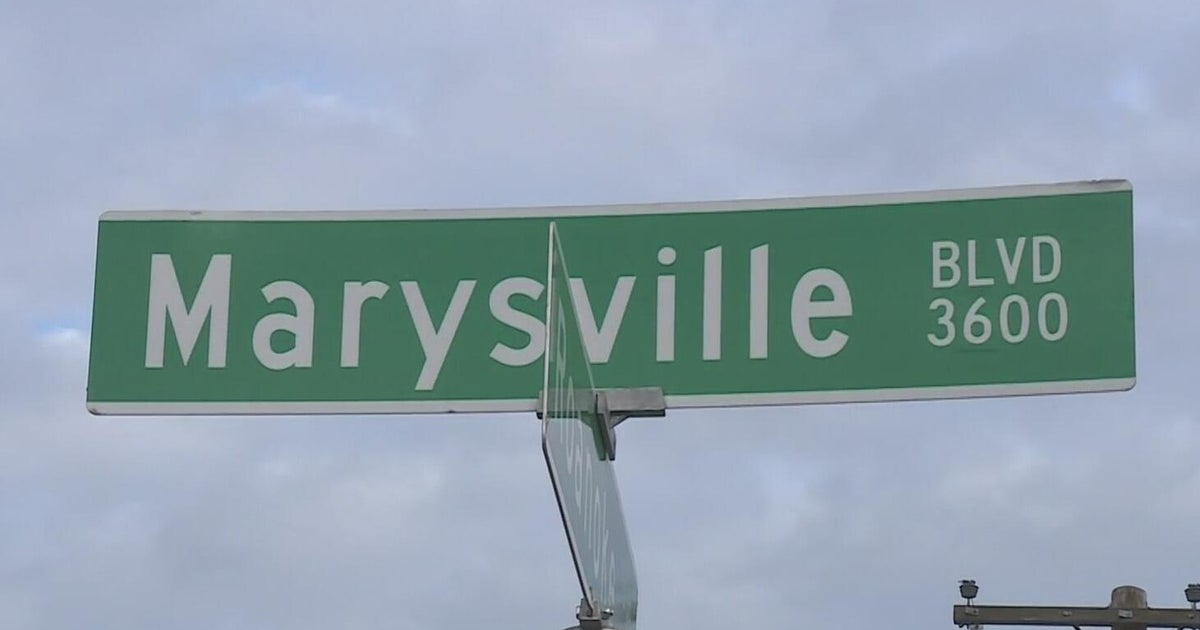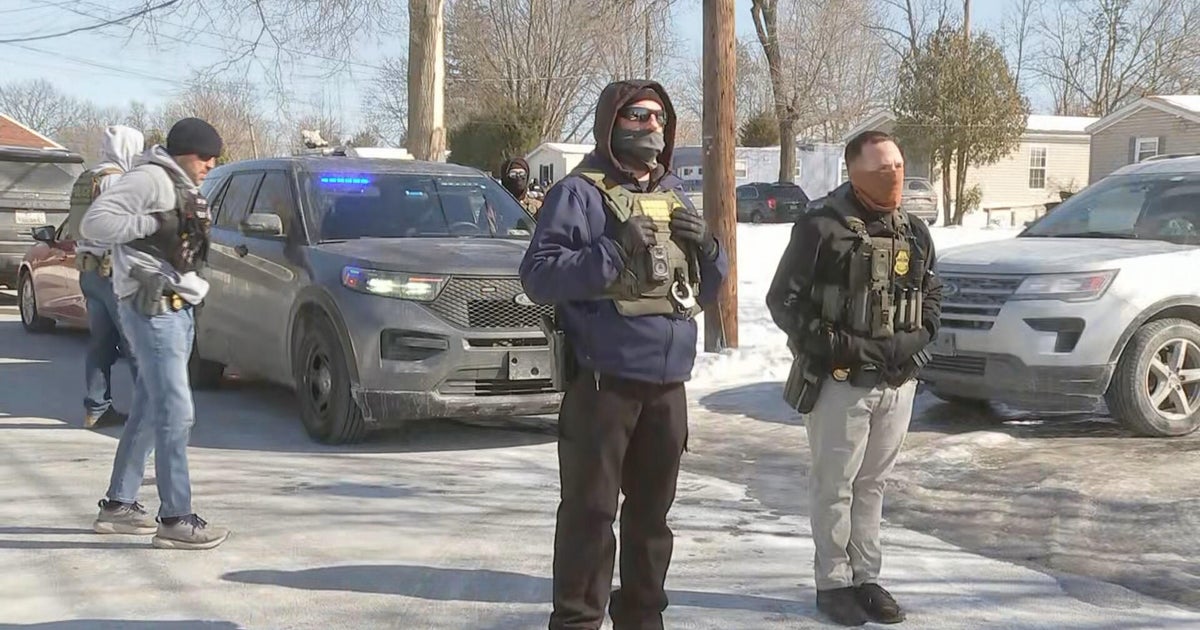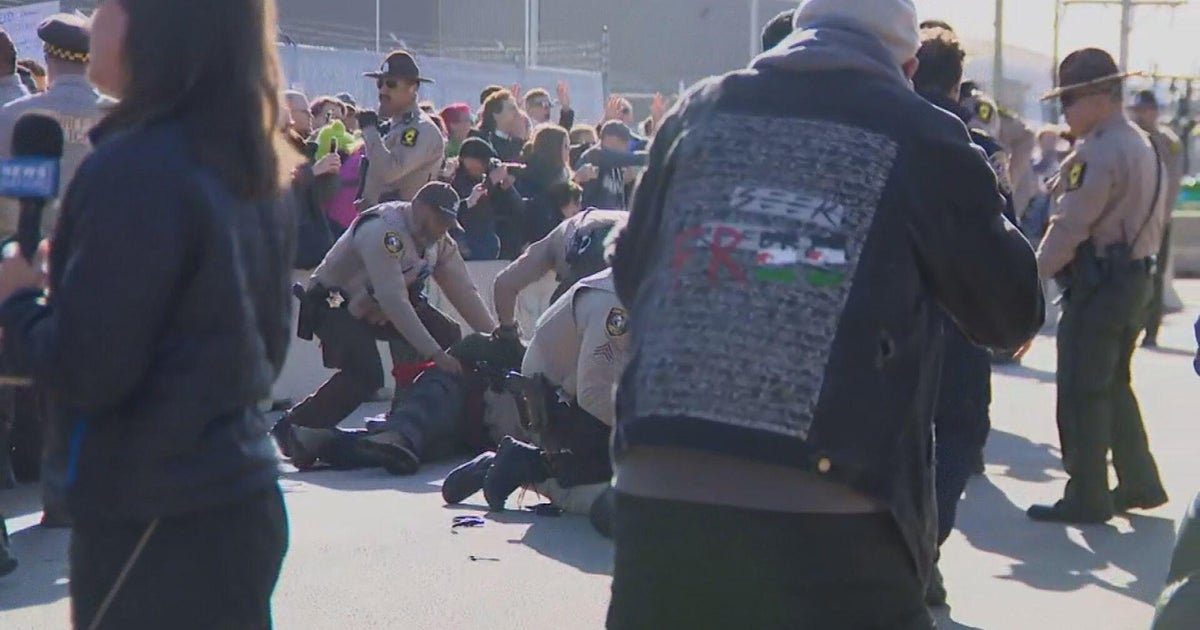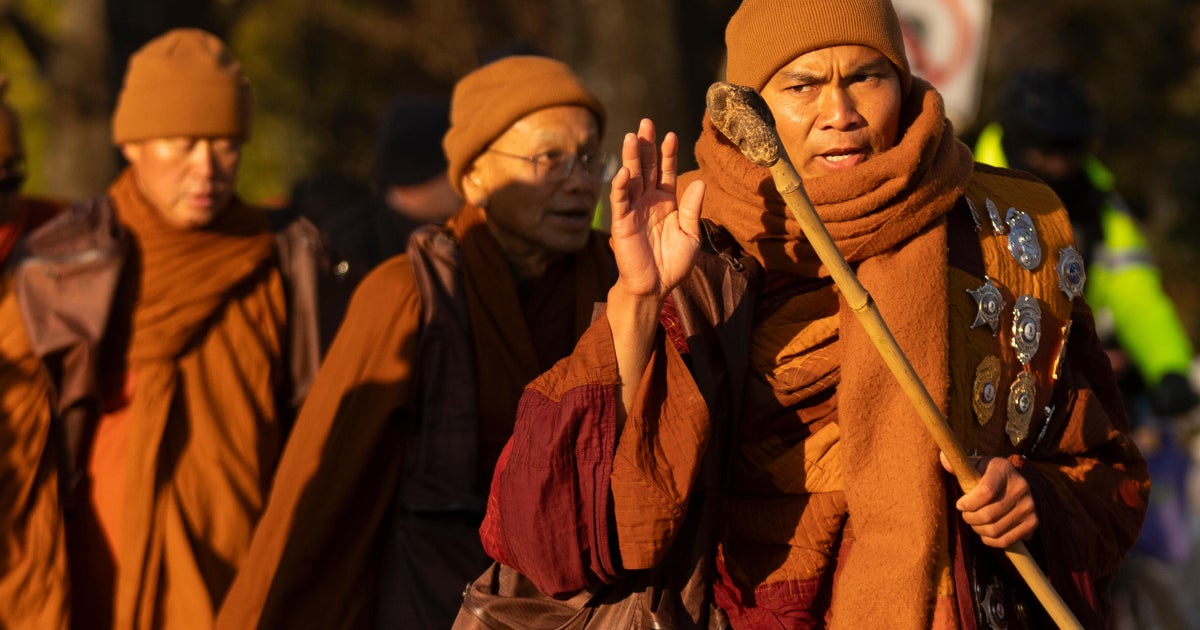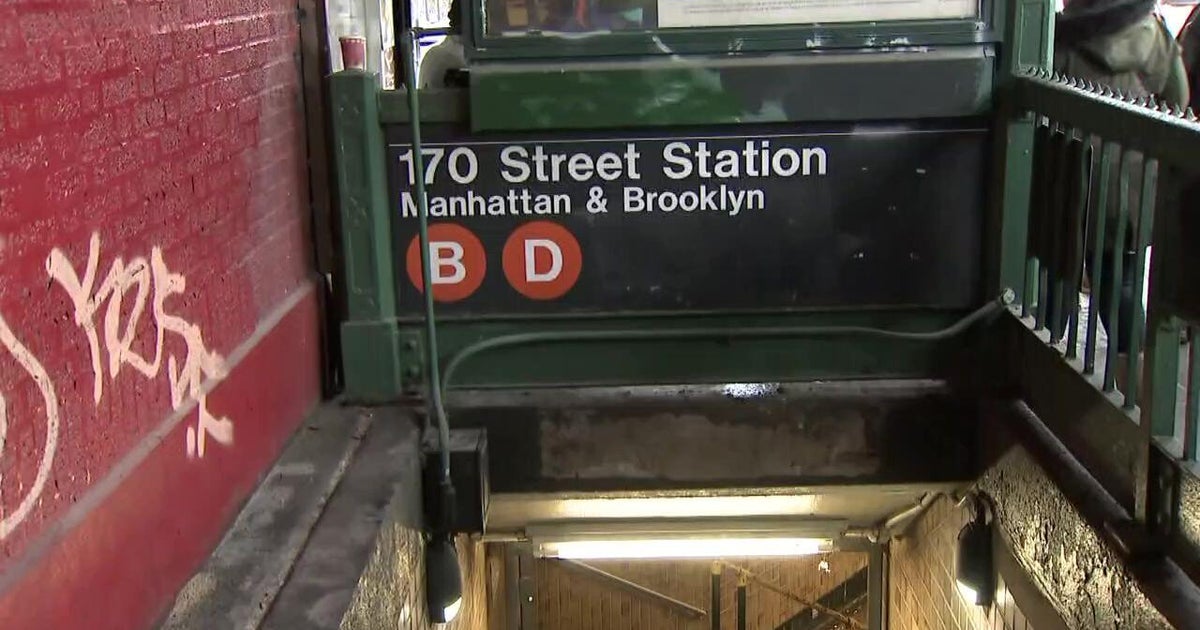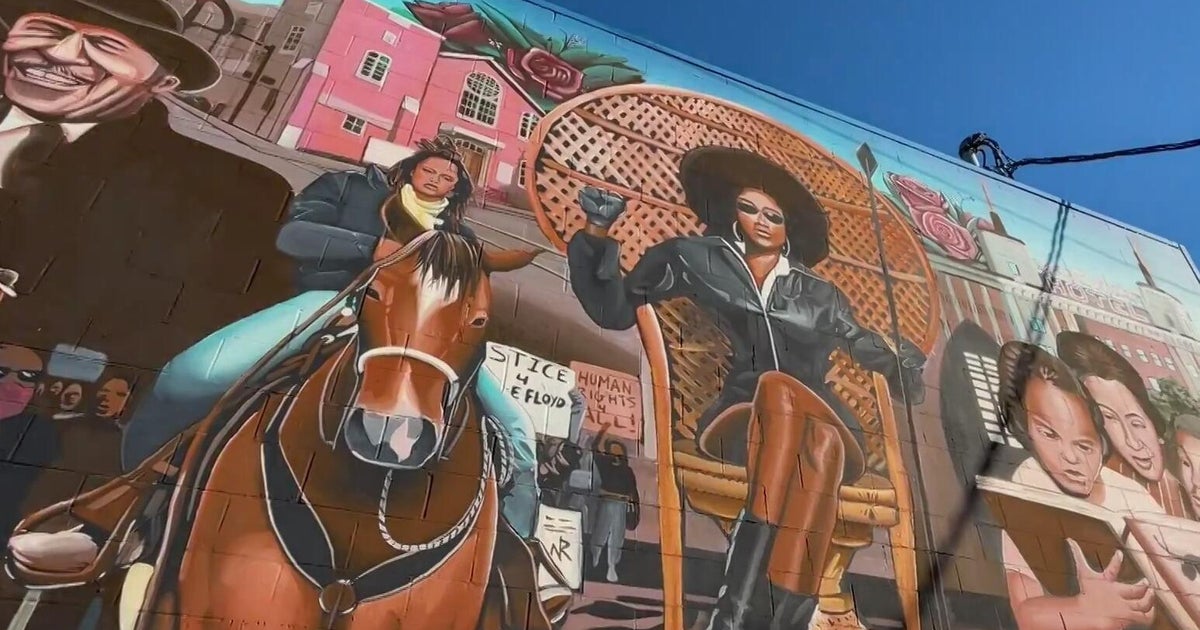Terrorist Who US Put $10 Million Bounty On Walks Free In Home Country Of Pakistan
LAHORE, Pakistan (CBSNewYork/AP) -- The United States has put a $10 million bounty on his head, labeling him a terrorist. He is one of the most wanted men in India. Yet, Hafiz Saeed walks free in his home country of Pakistan, denouncing Washington and New Delhi in public speeches.
Now the man identified by the U.S. as a founding member of the Lashkar-e-Taiba militant group is weighing in on the flare-up of violence in Kashmir, the mountainous region divided between Pakistani and Indian control, where dozens have died in clashes with protesters after Indian security forces killed a top rebel leader.
In an interview with The Associated Press, Saeed accused the U.S. of giving India a free hand to crush the anti-India protests in its Himalayan territory, warning that will only lead to an escalation of violence.
"America is supporting this oppression by India by saying it is an internal matter," the 66-year-old Saeed said in the interview, which took place Wednesday at his two-story home behind a steel barrier separating it from the narrow streets of the eastern city of Lahore.
"This has given India encouragement, and because of this, the killings and violence" will continue, he said.
He said he will lead nationwide demonstrations in Pakistan to force its government to sever ties with the U.S. if it cannot convince Washington to intervene in the decades-old Kashmir dispute. The two countries, which also possess nuclear weapons, have fought three wars, two of them over Kashmir.
Militants demand that Kashmir be united either under Pakistani rule or as an independent country. At least 31 people have been killed in Kashmir in street protests after Indian troops last week killed Burhan Wani, a charismatic Kashmiri insurgent.
Washington has said it will not intervene, adding that Kashmir's future is a problem for Pakistan and India to work out. As recently as Wednesday, State Department spokesman Mark Toner said the U.S. wants to see "dialogue between India and Pakistan on how to resolve the conflict in Kashmir, and our policy hasn't changed."
India declared the death of the 22-year-old Wani to be a major victory over the insurgency. But his killing has galvanized young Indian Kashmiris to stage daily protests. It has also sparked massive demonstrations in Pakistan and forced Pakistan's government and military to make daily statements in support of demonstrating Kashmiris.
"When India martyred him, then the common Kashmiri joined the movement," said Saeed, who has been a key figure in the often-brutal insurgency in Indian-ruled Kashmir.
On Pakistan's side of the disputed border, residents say Saeed is the only force who can "liberate" the territory from Indian rule. One resident, Muhammad Ishaq of the capital of Muzaffarabad, said Lashkar-e-Taiba is more of a threat to India than any other group, including Wani's organization, which is called the Hezbul Mujahedeen.
Human Rights organizations have accused Indian soldiers of widespread abuse, including forced detentions, rape and torture. India, meanwhile, has repeatedly assailed Pakistan for sending fighters over the border to incite violence.
The United States identifies Saeed as a founding member of Lashkar-e-Taiba, a U.S.-declared terrorist group that is widely believed to have been a creation of Pakistan's military and intelligence service, known by its acronym ISI, to wage a proxy war against India. It is considered one of the largest and most effective of the insurgent groups fighting in Indian-ruled Kashmir.
Lashkar-e-Taiba is often referred to as an al-Qaida affiliated group whose name means Army of the Pure and it belongs to the Salafist movement, an ultra-conservative branch of Islam. It has plotted to blow up sites in Australia, recruited from existing terrorist groups in Europe and has been a source of inspiration for radicalized Muslims in the West, according to intelligence officials in the U.K. and France.
It is suspected of carrying out the 2008 terrorist attack in Mumbai, India, that targeted a Jewish Center, the main railway station and a five-star hotel frequented by foreigners. The attack killed 166 people.
The only person arrested in the Mumbai attack was Ajmal Amir Kasab, a Pakistani national who testified he was trained at a Lashkar-e-Taiba camp in Muridke, outside Lahore. He also said Saeed was among the inspirational speakers who would visit the training camp. Kasab was hanged in India in 2012 for his part in the attacks.
The $10 million bounty on Saeed was imposed by the U.S. State Department's Rewards for Justice Program. India has issued an Interpol Red Corner Notice for his capture, accusing him of offenses including masterminding the Mumbai attack.
The Indian government has long demanded that Pakistan arrest Saeed, but when he has been detained, his incarceration has been brief, and Pakistani courts, including its Supreme Court, have cleared him of terrorism charges.
"Many times I have been arrested on the order of America and India ... (but) the Lahore high court freed me and also my organization, saying we were innocent of terrorism charges and did not participate in any terrorist activities," Saeed said.
Pakistan outlawed Lashkar-e-Taiba after Washington declared it a terrorist group. However, its charity wing Jamaat-ud-Dawa still operates, even though both the U.S. and the United Nations also declared it a terrorist organization, describing it as a radical Islamist group.
Jean Louis Bruguiere, a former French magistrate who had spent more than two decades investigating terrorism and is credited with hundreds of arrests and convictions, has said he found evidence of Lashkar-e-Taiba's network in East Asia, Australia, the United States and Europe.
Saeed said he has written to the State Department, complaining about the $10 million bounty. He denies any connection to Lashkar-e-Taiba, despite having given interviews as its chief at its headquarters in Muridke before it was outlawed.
Security remains a concern for Saeed, and the interview only took place after a series of phone calls that increased in frequency as a reporter was driven to his home that was guarded by several men with long beards, although only one displayed a weapon.
Inside, the heavyset, wispy-bearded Saeed sat amid other men in a small room stuffed with couches. Most of his entourage chatted together in small groups, while others were on their mobile phones throughout the interview.
Saeed dismisses the allegations against him as "India propaganda." He traced the troubled history of Kashmir and blamed the U.S. and India for the violence but denied his own role or that of Pakistan in the insurgency.
Saeed also expressed concern about the growing influence of the Islamic State group in Pakistan, where several arrests have been made both in eastern Punjab province and in the southern port of Karachi.
"I am highly worried about Daesh ... with their particular focus on Pakistan and Saudi Arabia," he said, using an Arabic acronym for the Islamic State. He said the group was trying to divide the Muslim world.
(TM and © Copyright 2016 CBS Radio Inc. and its relevant subsidiaries. CBS RADIO and EYE Logo TM and Copyright 2016 CBS Broadcasting Inc. Used under license. All Rights Reserved. This material may not be published, broadcast, rewritten, or redistributed. The Associated Press contributed to this report.)
